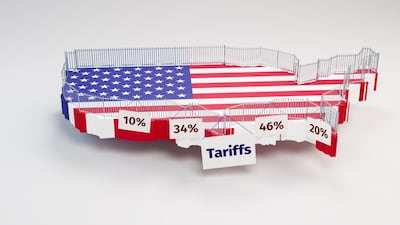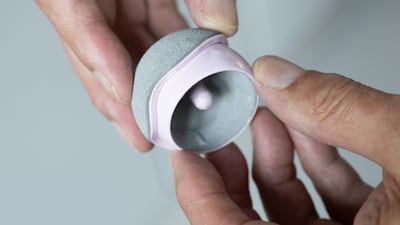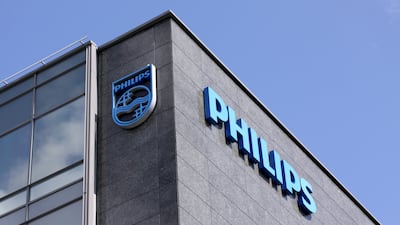International
The US FDA has published its annual international harmonization assessment for fiscal 2025, which reports on the device center’s progress in aligning medical device regulations with global standards to improve patient access to safe, innovative technologies.
The US FDA’s Quality Management System Regulation has officially replaced the decades-old Quality Management System. The new system links with international standards for regulating medical device systems.
As medtech moves toward 2026, experts highlight increased regulatory complexities, particularly around AI, cybersecurity, and device user fees. Urgent regulatory updates are needed to keep pace with rapid technology changes while ensuring patient safety and operational efficiency.
The rise and fall of US tariffs and the chill headwind from China’s state procurement policies have blown onto medtech’s radar. But how to monetize AI is the dominant concern up and down the industry.
Google Cloud healthcare lead Shweta Maniar talked with Medtech Insight about improving health monitoring, boosting regulatory collaboration, and deepening integration of technology in medical practices.
The US Department of Commerce’s investigation into the national security impact of importing various medical equipment could lead to tariffs on many products. Device industry responds by emphasizing the robustness of domestic production, but also the rigidity of supply and reimbursement agreements.
Clinical evaluation and standards expert Danielle Giroud celebrates progress on the document and looks at what it means internationally and for the EU.
Stay current on regulatory guidelines from around the world with Medtech Insight's Guidance Tracker. Over 40 documents have been posted on the tracker since its last update.
At LSX World Congress USA, medtech executives shared lessons on global expansion, from regulatory pitfalls to cultural nuances and funding gaps. Their message: Prepare early, secure capital, and choose partners wisely.
MDA, the Malaysian medical devices regulator, told the 2025 APACMed conference about its efforts on regulatory convergence, harmonization and reliance, which are top of its priority list for aiding medtech regulatory workflows and granting faster access to innovative devices.
Stay current on regulatory guidelines from around the world with Medtech Insight's Guidance Tracker. 60 documents have been posted on the tracker since its last update.
Just ahead of its 28th meeting, the International Medical Device Regulators Forum has released a summary of the global uptake of its documents.
The ceramic device, designed to reduce complications, will be exclusively distributed by Zimmer Biomet and initially available in 30 hospitals, with broader European access expected by 2026.
Entrepreneurialism is in the blood of Israel’s medtech innovators, but in a changing medtech world, the local ecosystem must address funding gaps and manufacturing and infrastructure needs. So says Ruti Alon, experienced Israeli medtech leader, investor and co-chair of the Biomed Israel conference.
Philips Respironics has updated instructions for use for three ventilators that were included in a May 2024 recall. The company also added three potential injuries and one death to the original number.
Stay current on regulatory guidelines from around the world with Medtech Insight's Guidance Tracker. Over 40 documents have been posted on the tracker since its last update.
A panel of regulatory pros offered stakeholders tips for avoiding FDA citations after facility inspections. The July 29 webinar, hosted by ProPharma and Hyman Phelps and McNamara, follows the agency’s May announcement that it plans to up random foreign inspections.
The Lioness non-surgical silicon ring implant is designed to put an end to pre-term births, sparing maternal anguish and saving health system costs. PregnanTech won the Biomed Israel 2025 medtech start-up award, and Limor Sandach told In Vivo how a non-digital technology beat off stiff competition.
Agent drug coated balloon, Watchman product sales, and electrophysiology (EP) business unit growth offset Acurate discontinuation and tariff headwinds. CEO Michael Mahoney shouted out coronary therapies business and answered questions on CMS proposed Ambulatory Surgical Center codes.
Despite headwinds, executives remain optimistic about growth in Abbott’s medical devices and diabetes divisions and plan several product rollouts, including the Volt PFA catheter for electrophysiology and the dual glucose-ketone sensor CGM.


















